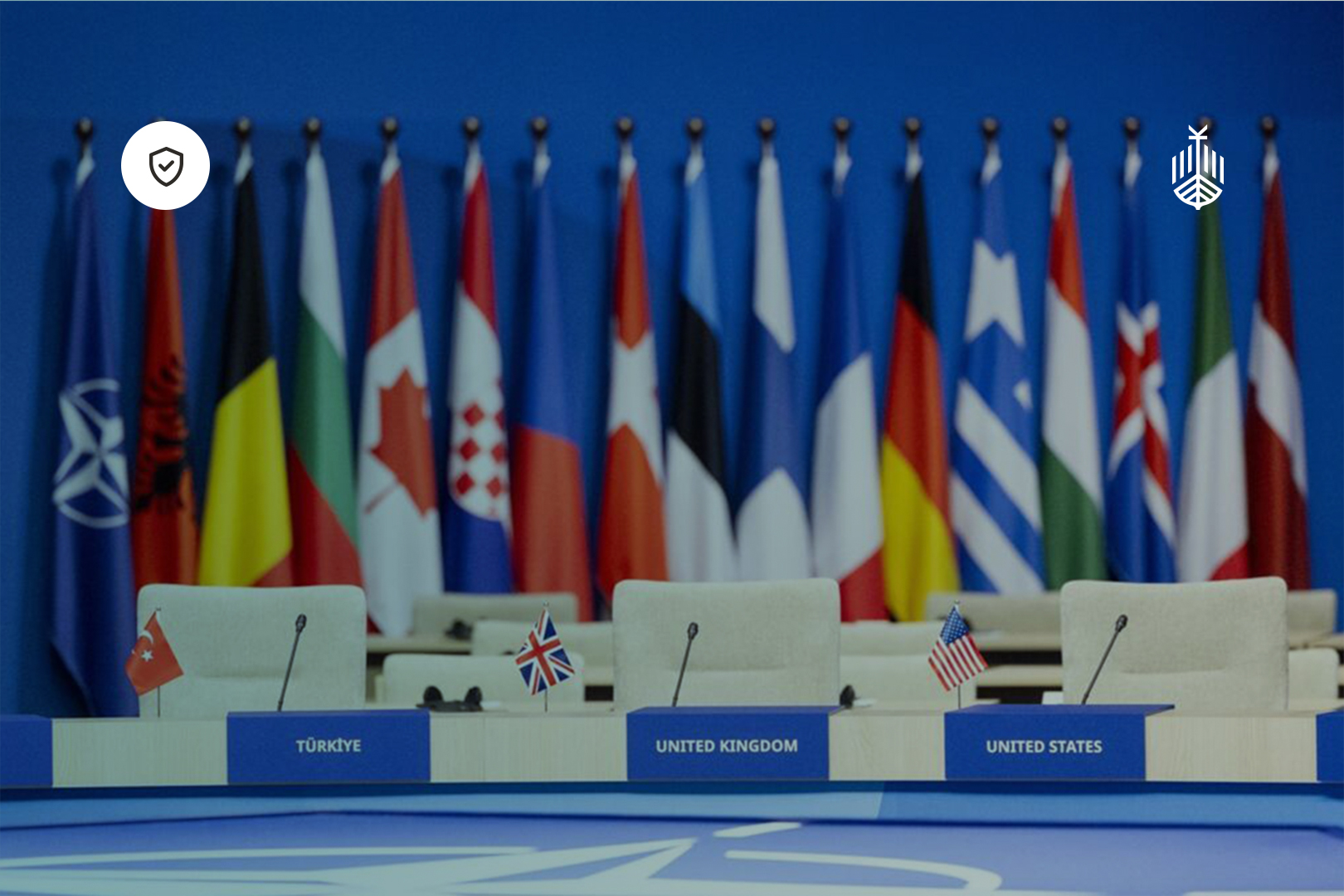MOD & Primes annual spend with SMEs
In the past 5 years the MOD and the UK Primes have been working hard to try to increase the percentage of their total spend with SMEs. It has taken some time, but to be fair to MOD and their Tier 1 Prime suppliers the long term target of 25% was finally reached last year. Although MOD only managed to award a paltry 5% of their contracts to SMEs. The question now is can this 25% be sustained or even improved upon moving forward and can the MOD be persuaded to wean itself off some of its Prime spending? Make UK Defence has called for an independent audit or batch test assessment of the annual returns from the Primes into the MOD. Today this MOD survey is effectively a ‘mark your own homework’ exercise. The 2023 figures are currently being validated by the Cabinet Office.
SME spend by MOD should be independently verified
This independent scrutiny needs to be supported by an insistence by MOD that all the Primes publish their annual spend with SMEs in pounds and as a % of their total spend. Some Primes already publish their numbers and percentages, but this is inconsistent and UK taxpayers should know where their money is being spent. This will inform the debate on SME spend and help the Primes to understand where they stand in relation to other Primes. They can then consider how best to address the % spend with SMEs with the help of organisations like Make UK Defence and the other UK Defence trade associations like techUK and ADS.
Payment terms are improving
Make UK Defence’s own independent member survey in February 2024 did provide some encouraging news. Table 1 below illustrates that there has been considerable improvement by the Primes in their payment terms. MOD already pay on average in 8-10 days and really are the exemplars for rapid payment in the UK Defence Supply Chain. Further encouragement is provided in the data in Table 2 below, with those improved terms increasingly being paid before the term is due. The Primes should be congratulated for this particular improvement, although there are persistent offenders further down the supply chain that must be grasped by the MOD, the Primes and the mid-tiers.


Concern over unreasonable terms have flatlined in the last 12 months
Make UK Defence asked their members if they had experienced ‘unreasonable terms’ in the course of their defence contracting in the UK. This is admittedly a rather subjective definition, but nonetheless nearly 40% of Make UK members in Table 3 report experiencing unreasonable terms. This would suggest that the Primes, and indeed mid-tiers, as work flows down through the supply chain, need to work harder to recognise the monetary value of smaller contracts and not impose unreasonable Terms and Conditions like liquidated damages or disproportionate levels of insurance. MOD must also be careful to avoid flowing down overly onerous DEFCONs and financial penalties to the Primes where the contract value or risks simply do not warrant it.

UK MOD v US DOD and how can MOD improve its SME spend performance
So, the question is now how do we encourage, cajole and nudge the MOD and the Primes to use more SMEs for more of the work, pushing through the 25% barrier and look to get closer to 30%? We are not convinced that a voluntary code will provide a strong enough incentive and are instead calling for the Government and Opposition to either reserve smaller contracts, be they services, equipment or consultancy for SMEs only, or mandate a minimum % of workshare on larger programmes and integrations which need the heft of a larger balance sheet or large integration and programme management team.
MOD directly spends around 5% of its total budget directly with SMEs. In the USA that figure is 25%. Farooq Mitha, the US DOD Small Business Programs Director at DOD Industrial Policy Office was quoted last year as saying:
“Small businesses make up 99% of all businesses in the United States and are a critical contributor to our national security. Last fiscal year (2022-23), the department spent $85.2 billion on small business prime contracts, and nearly 25% of the department's prime contracts go to small businesses."
The UK MOD have a long way to go to match the US model and to establish a stronger driver to use SMEs than the current rather loosely interpreted Social Value Criteria which do not explicitly mention SMEs but do encourage opportunity for all and levelling up. Make UK Defence is calling for a much more forward leaning SME engagement policy. This might include SME only framework agreements, or framework agreements that are managed by SMEs, not Primes. MOD should also consider SME only procurement of contracts below a certain monetary value. This should include all categories of procurement including consultancy, services, design and manufacture and Maintenance, Repair and Overhaul.
Conclusions
So in conclusion, the MOD has a long and steep hill to climb if they are to become a truly SME focused procurement organisation and to improve their total direct spend from 5% of Prime contracts awarded to SMEs to closer to the US DOD of model of 25%.
They must also publish individual Primes SME spend. Ukraine has taught us that SMEs can truly be the innovators in times of national crisis and can rapidly accelerate technology and programmes with limited resources. When defence spending is liberated from the sometimes slow and bureaucratic Primes then this can have an even greater impact. This will require some major changes in process and decision making from Ministers and Officials in MOD and perhaps the even greater challenge of major change in culture in MOD.













